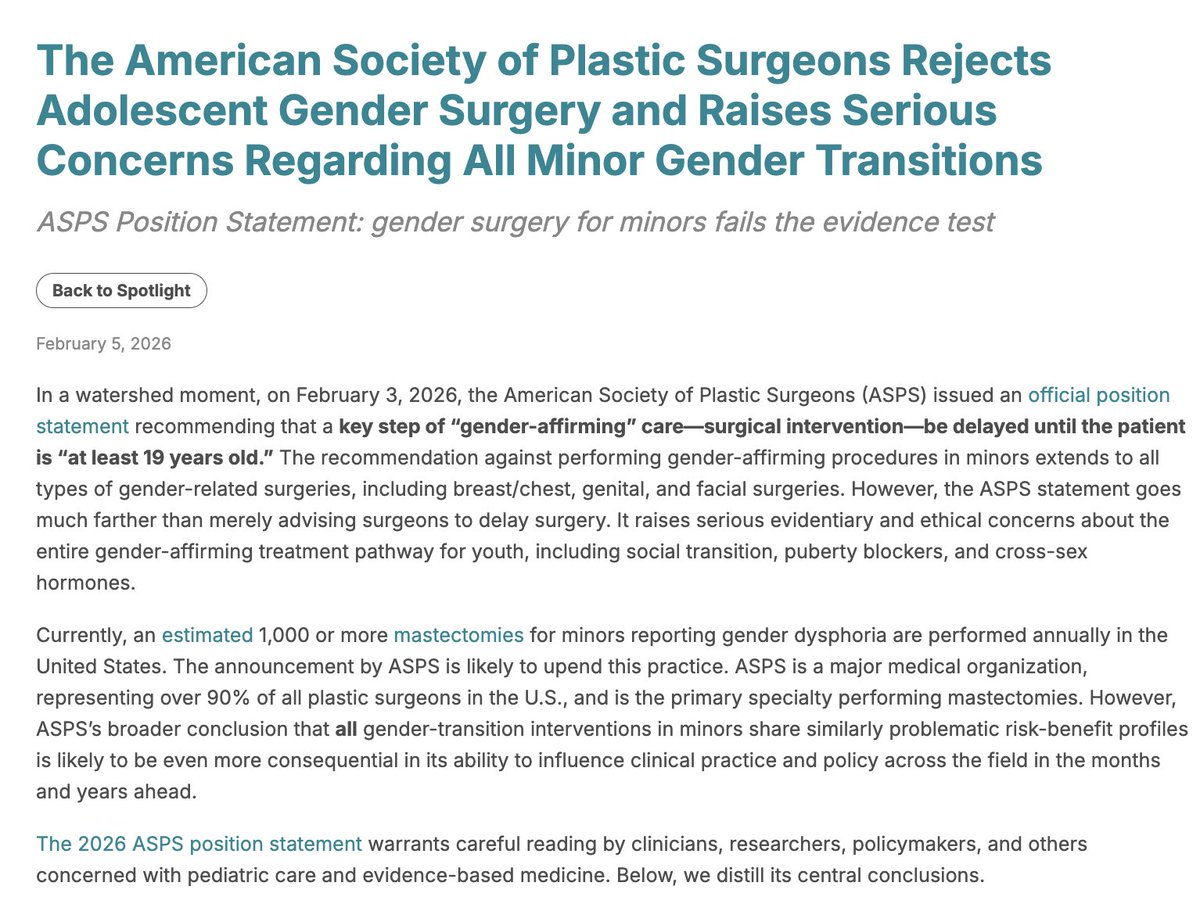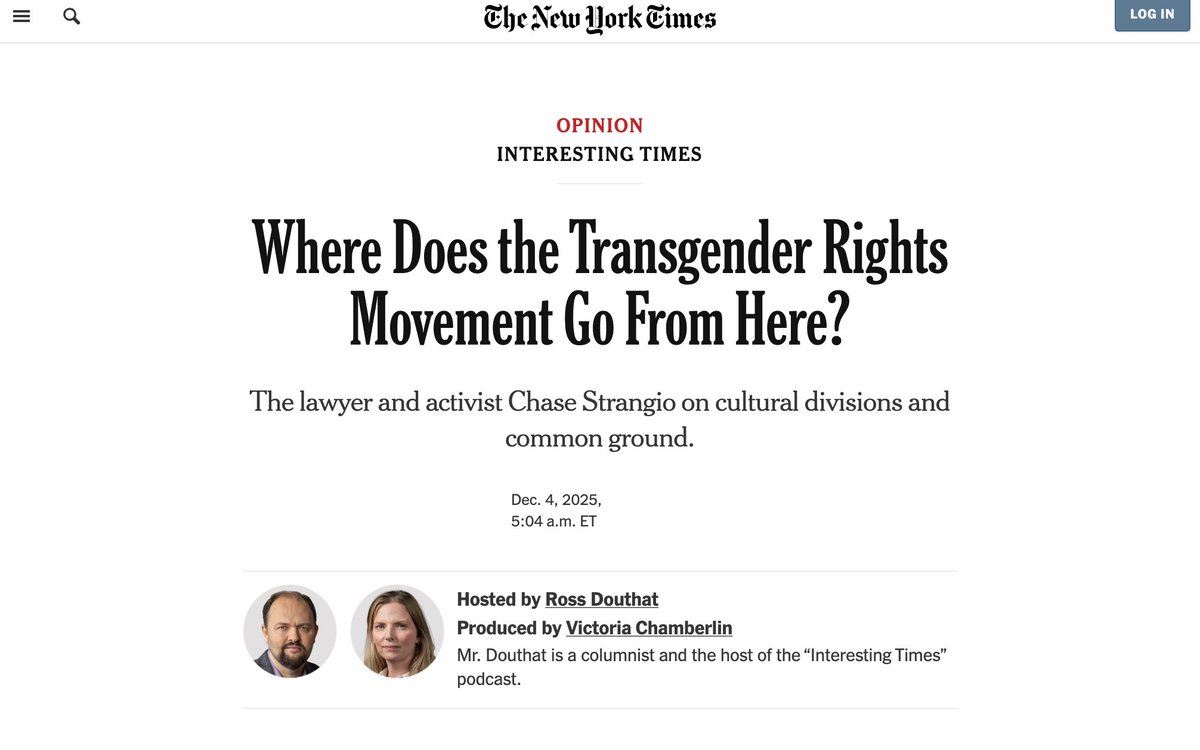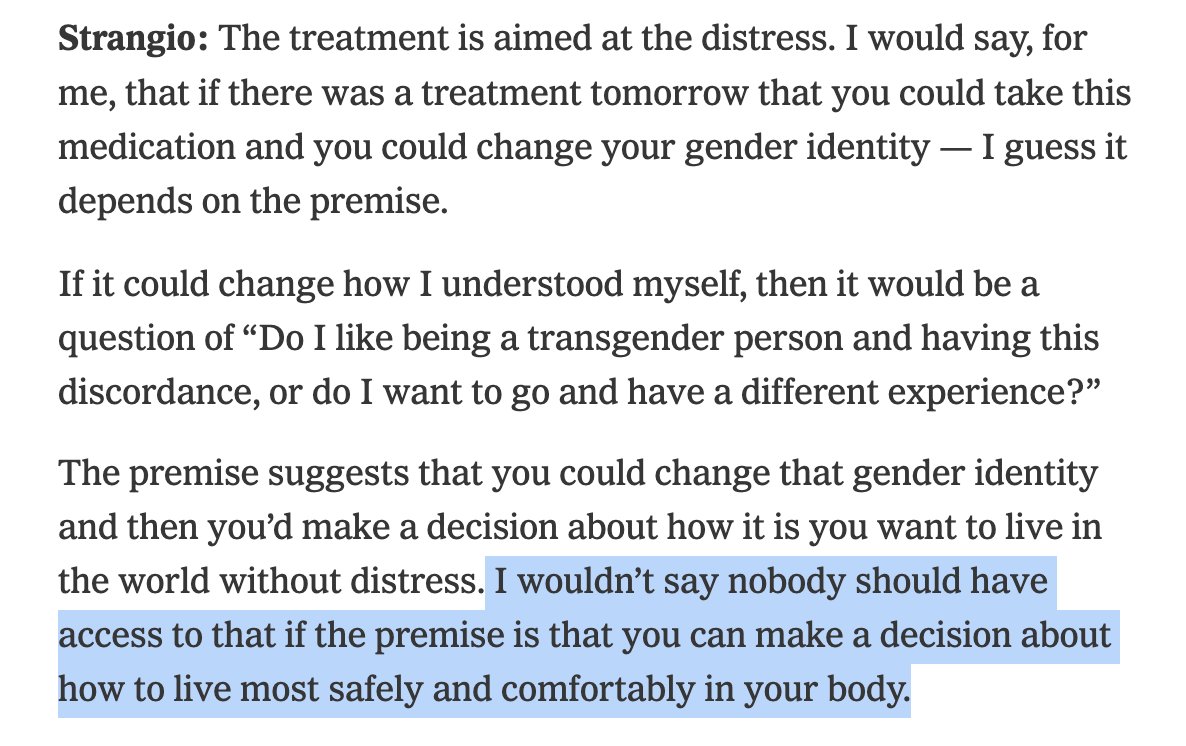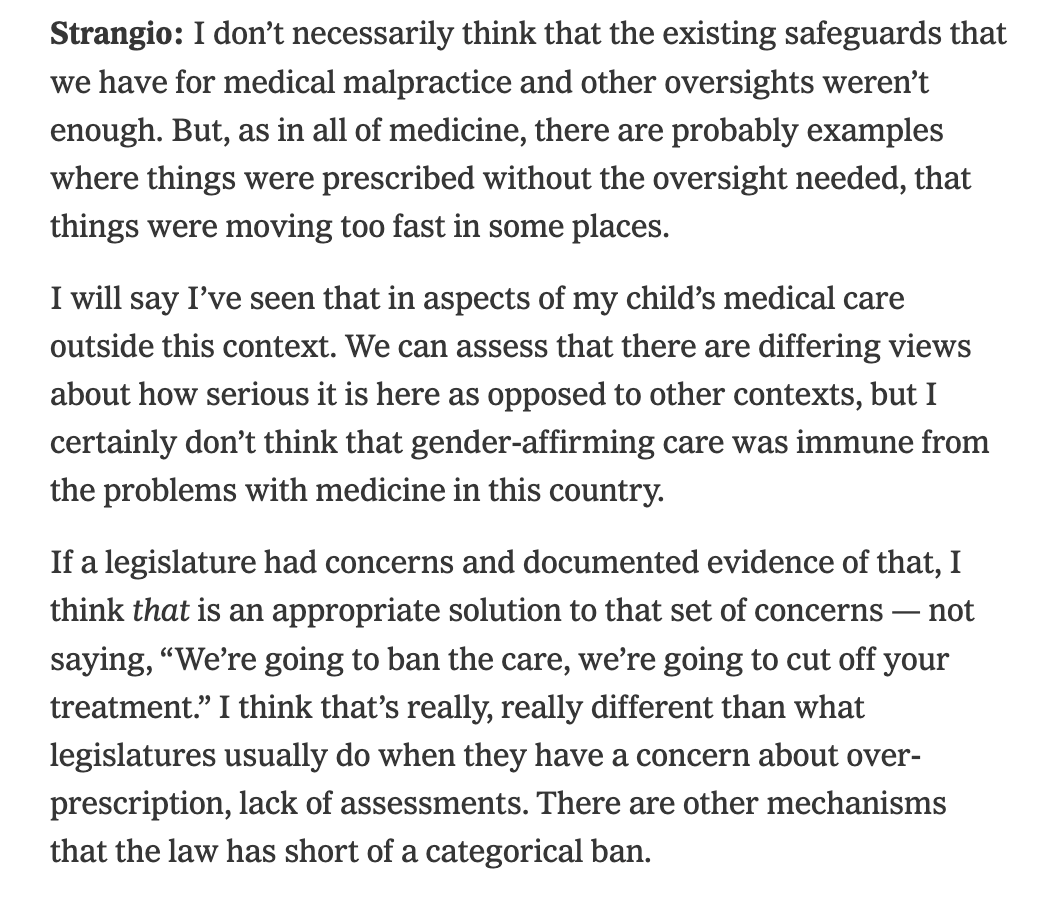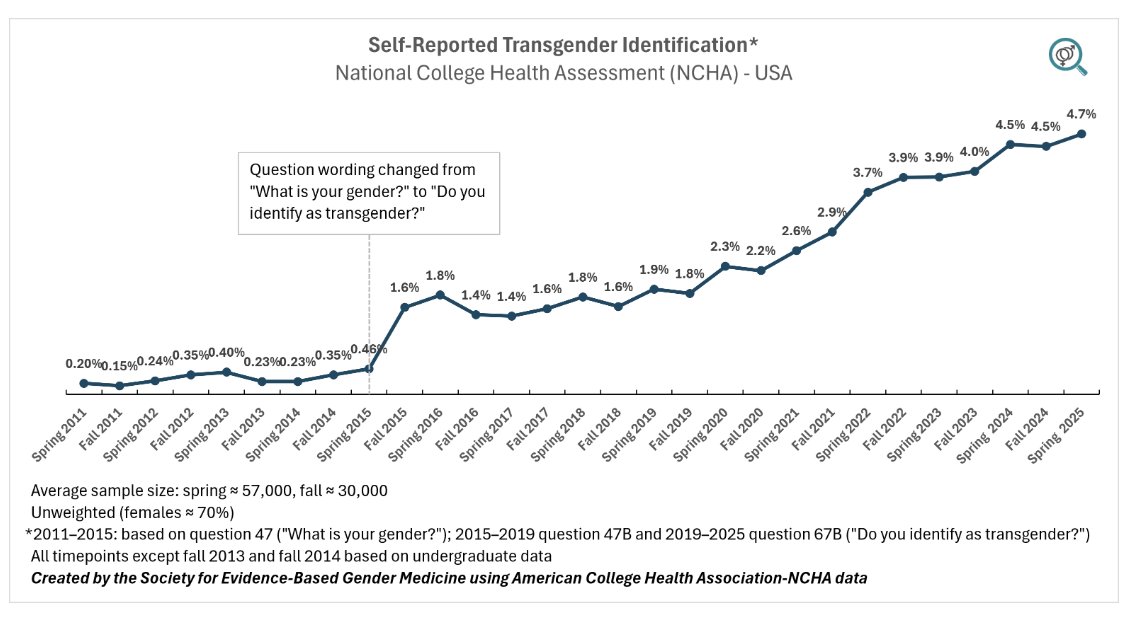We've written a blog about an important study by @EsteemLabYale & @karolinskainst in the American Journal of Psychiatry. It made an unfounded claim that gender-affirming surgeries conveyed mental health benefits, which the journal later corrected. /1
segm.org/ajp_correction…
segm.org/ajp_correction…
@karolinska & @YaleSPH have revised their original announcements about the study, which now lead on the corrected finding: that transgender people have a high risk of mental health problems compared to the general population /2
news.ki.se/transgender-in…
publichealth.yale.edu/news-article/2…
news.ki.se/transgender-in…
publichealth.yale.edu/news-article/2…
However, the many news sources that reported the original study have not addressed this vital change, and their stories continue to misinform the general public. /3
@kashmiragander
@Vishwadha
@Reuters_Health
news.trust.org/item/201911111…
newsweek.com/transgender-af…
@kashmiragander
@Vishwadha
@Reuters_Health
news.trust.org/item/201911111…
newsweek.com/transgender-af…
The study's erroneous findings are being woven into medical literature. There’s no mechanism for updating studies that reference the original misleading finding. High-quality editing & robust pre-publication peer review by journals are the best safeguards. /4 

All this matters because people struggling with mental health problems who are considering gender-affirmation surgeries may be misled by the enthusiastic reporting of study's erroneous findings into believing that it will improve their mental health. /5
We ask organizations, journalists or clinicians that have reported on or made treatment recommendations based on the original incorrect finding to issue corrections. /end
• • •
Missing some Tweet in this thread? You can try to
force a refresh


